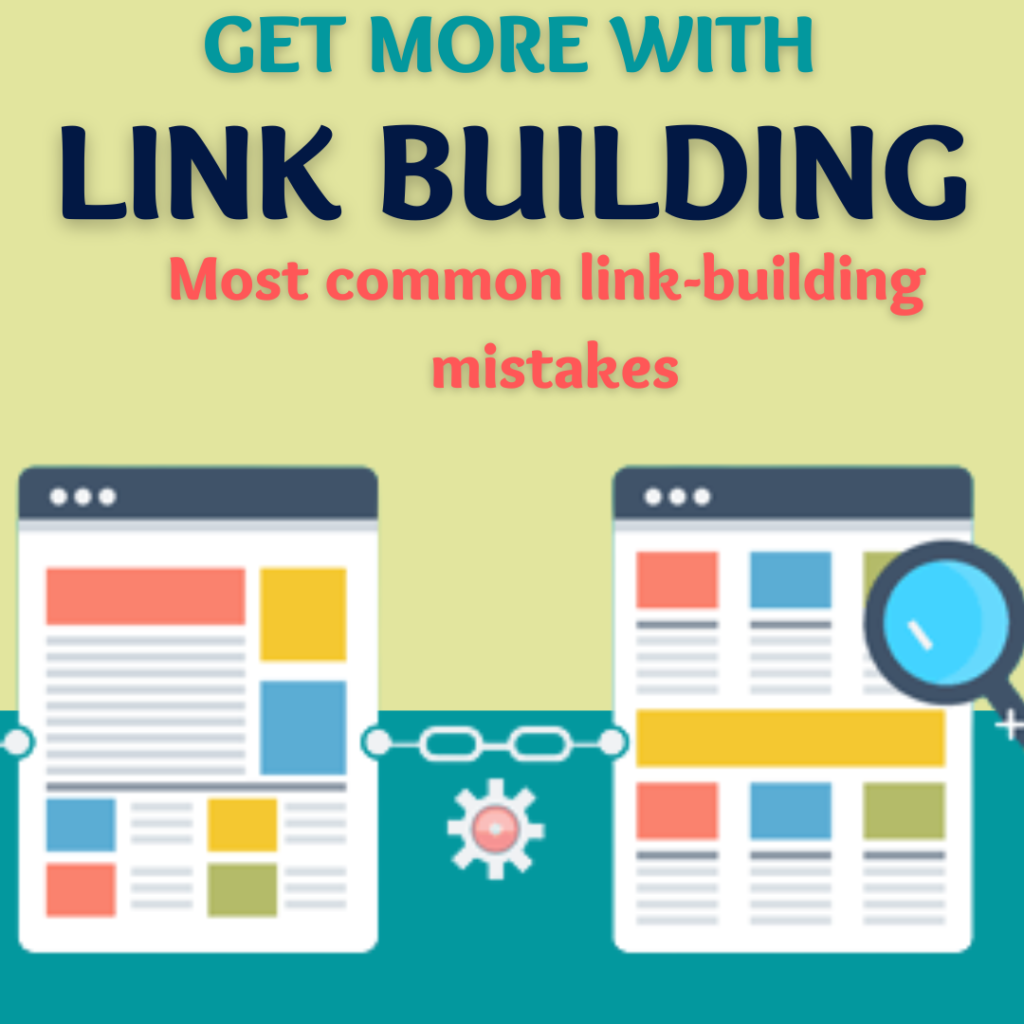As a freelancer, you are likely always looking for ways to market your services and attract new clients. One crucial way to do this is through link building. Link building helps to improve your search engine rankings and make your website more visible to potential clients. However, link building can also be challenging, and it is easy to make mistakes.
Here are five of the most common link building mistakes that freelancers make:

Not Diversifying Your Link Sources
Backlinks are a valuable commodity when it comes to search engine optimization. They help improve your website’s ranking and can increase your site’s visibility. However, it is essential to diversify your backlink sources, as relying on a single basis can be detrimental to your SEO efforts.
If you only have backlinks from one source, such as a directory or forum, and that source is de-indexed or penalized, your website will lose all of its backlinks and could significantly drop its ranking. By diversifying your backlink sources, you can insulate your website from such risks and ensure that a single event does not derail your SEO efforts.
Over-Optimizing Your Anchor Text
Anchor text is the visible, clickable text in a hyperlink. It is vital to optimizing your anchor text so that it accurately reflects the topic of your website or blog. However, there is such a thing as over-optimizing your anchor text. This can result in your website being penalized by search engines. Over-optimization occurs when a website uses the exact anchor text too often. This can be interpreted as spam by search engines, so your website may be pushed down in the rankings.
To avoid over-optimizing your anchor text, vary the words and phrases you use. In addition, ensure that your anchor text is relevant to the content on your site. By using diverse and descriptive anchor text, you can avoid being penalized by search engines and ensure that your site remains visible to potential visitors.
Not Building Links Gradually
Creating too many links too quickly is a red flag for Google and can result in penalties. A good link building strategy is to start with a few low-quality links, then gradually add more high-quality links over time. This shows Google that you’re not trying to manipulate the system and helps build trust. In addition, it’s essential to diversify your link sources.
Getting all of your links from the same website is a red flag for Google, and it won’t do much to improve your ranking. So, mix things up and get your links from various sources. By following these guidelines, you can avoid penalties and create a healthy link profile that will help improve your ranking on search engine results pages.
Not Checking for Broken Links
Assuming that all the links on your website are working is a risky business. If just one of them is broken, it can result in a bad user experience and cost you, potential customers. Checking for broken links is essential to website maintenance, yet many website owners and developers overlook this critical task.
There are several ways to check for broken links, including manually checking each link on your site or using an automated tool. You can use a tool like Screaming Frog to check for broken links. Whichever method you choose, checking for broken links should be a regular part of your website maintenance routine. Doing so will help ensure that your visitors have a positive experience on your site and that you’re not losing potential customers due to a simple mistake.
Not Tracking Your Results
When you are building links, it is essential to track your results. This means that you should keep track of the number of links that you are making and the effect that they are having on your website’s search engine rankings. You can use a tool like Google Analytics to track your link building progress and see how your efforts are paying off.
Conclusion:
Building links is a vital part of any SEO strategy, but avoiding common mistakes is necessary. Relying on a single basis, over-optimizing your anchor text, and not building links gradually can all lead to penalties from Google. In addition, failing to check for broken links or track your results can hurt your website’s ranking and cost you potential customers. By avoiding these common mistakes, you can ensure that your link-building efforts are successful and help improve your website’s ranking on search engine results pages.
Did this article help you learn something new? If yes, please share it with your network. There might be someone in your life who needs to read this.
